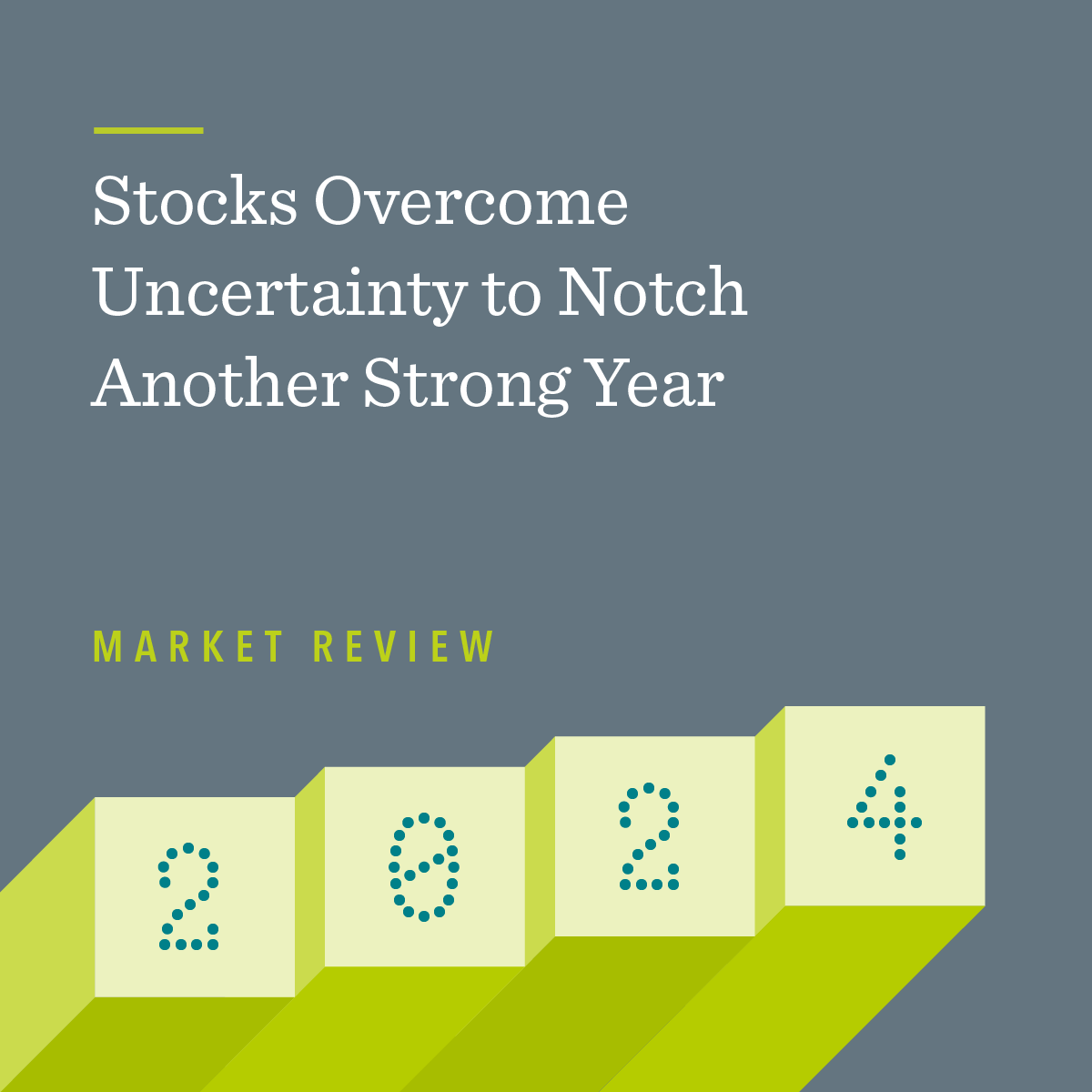As you have just recently gathered with families and friends for the holidays, now is a good time to reflect on your values and the principles that guide your life and financial decisions. One way to articulate these is to put pen to paper and create a legacy letter. This exercise is a chance to express your gratitude, share wisdom or make amends. It can also be a meaningful gift to your loved ones and yourself.
Why are legacy letters important?
Legacy letters communicate our love, values, beliefs, life lessons and wishes for future generations. These types of letters have been around for over 3,500 years. They originated with the Jewish faith and became popular in the Renaissance period but faded from use in the 1800s. Recently, they’ve re-emerged as a popular way for people of all faiths to share their life story. Several technology services have been developed to help people draft their stories on their own or with professional help.
A legacy letter offers a level of authenticity and truth that enables our loved ones to embrace our story and live and grow from it. It becomes a living document. A survey by Oxford University found that 81% of U.S. respondents want their heirs to have this intangible wealth.
When do I write a legacy letter?
You may be inspired to write, or update, a letter at milestones such as births, graduations, marriages, religious events or holidays. At three of my grandchildren’s baptisms, their parents and godparents wrote letters to the baby. Recently, at the oldest grandchild’s confirmation celebration, the letters were opened and read. For his eighth-grade graduation, his mother gave him a book that included written notes from all his teachers since pre-school. All of these would be considered legacy letters since they discuss wishes and values.
How do I write a legacy letter?
A legacy letter can take many forms — written, video, audio. Written is typically the best option since it will not rely on future technology to replay a recorded version. Nevertheless, I highly recommend you make the decision based on which format you are most comfortable in expressing your thoughts.
How long should my legacy letter be?
Making sure you know what you want to say and how you want to say it is more important than the length. Rather than focusing on word count, make sure the letter reflects your voice and answers questions your family would like to know. Often, that can be achieved in only a few pages, or you may feel compelled to write more. However, it does not need to be the length of an autobiography or memoir.
What should I include in my legacy letter?
Some questions you might want to consider when you sit down to write:
- What in your life are you most grateful for?
- What are your most treasured memories?
- How are you involved with your community?
- What are your plans for the future?
- What is your hope for your family’s future?
- What are you passionate about? And what about it excites you?
- Do you have any regrets up until this point in your life?
- What type of person would you like to be remembered as?
Is there anything I should not include in a legacy letter?
It’s important to understand that a legacy letter is not a legal document. Therefore, it is likely not appropriate to explain all the legal details of your wealth transfer plans. That’s what your estate documents and living trust are created for. However, you may choose to add greater context to your wealth plan so that your family understands what factors motivated your choices. Try to keep the tone positive and to share your story constructively.
What resources exist on writing a legacy letter?
Here are a few good book recommendations:
- “Ethical Wills: Putting Your Values on Paper (2nd Edition),” Barry K. Baines
- “Your Legacy Matters: Harvesting the Love and Lessons of Your Life,” Rachael Freed
- “So Grows the Tree: Creating an Ethical Will,” Jo Kline Cebuhar
- “So That Your Values Live On: Ethical Wills and How to Prepare Them,” Jack Riemer and Nathaniel Stampfer
- “The Forever Letter,” Elana Zaiman
At Cogent Strategic Wealth, we’ve been helping families navigate their financial lives, but go beyond the financials to guide them in what is truly important.
Instead of worrying about your future, why not take positive steps to protect it? Set up a Cogent Conversation with us today. We’ll show you how to transform your hard work into durable wealth.
As a fiduciary wealth manager, we’ll seek to understand you, and develop a plan tailored to match your exact needs and aspirations. Our Design | Build | Protect Life on Your Terms strategic approach guides high-achieving families every day, come what may.
The opinions expressed by featured authors are their own and may not accurately reflect those of Cogent Strategic Wealth®. This article is for general information only and is not intended to serve as specific financial, accounting or tax advice. By clicking on any of the links above, you acknowledge that they are solely for your convenience, and do not necessarily imply any affiliations, sponsorships, endorsements or representations whatsoever by us regarding third-party Web sites. We are not responsible for the content, availability or privacy policies of these sites, and shall not be responsible or liable for any information, opinions, advice, products or services available on or through them.
© 2023, Buckingham Strategic Partners


